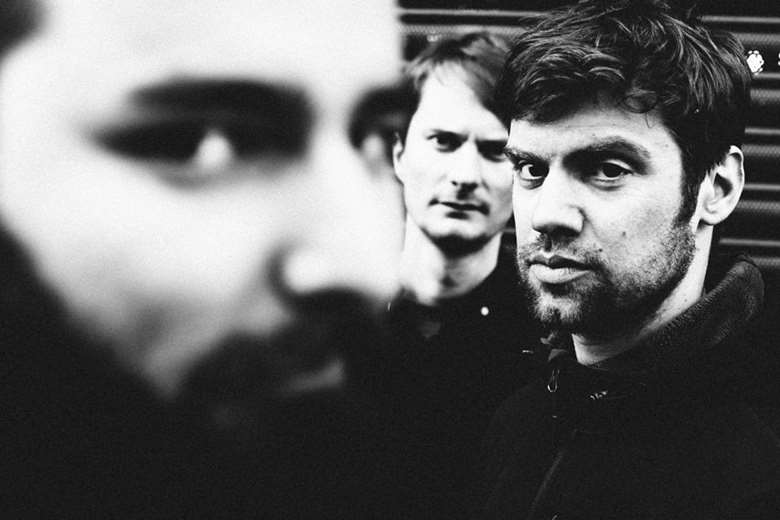Q&A with Trio HLK
Friday, October 12, 2018
Trio HLK are one of the most distinctive voices to appear on the Scottish jazz scene in recent times.


Register now to continue reading

Thank you for visiting Jazzwise.co.uk. Sign up for a free account today to enjoy the following benefits:
- Free access to 3 subscriber-only articles per month
- Unlimited access to our news, live reviews and artist pages
- Free email newsletter